
Vaca Muerta is a leading case for the next generation of fossil fuels. Big Oil and Gas companies are keen to turn it into a success story —which is why we collectively need to put a stop to this if we are serious about restricting oil and gas supply globally, protecting territories and fighting climate change. It is our view that “Killing the Dead Cow”—and thus preventing a further expansion of the fossil fuel industry that would be a door-opener for further projects in the Global South— is necessary to build up pressure for an honest dialogue about “managed decline” and fair transition. The collective success of movements in an emblematic case like this would increase leverage for such a conversation.
Taller Ecologista and Observatorio Petrolero Sur in EJES, Argentina
February 2018
Briefing: Vaca Muerta shale play – climate impacts, wealth concentration and human rights abuses.
Argentina ranks in second and fourth place globally in shale gas and shale oil resources. Almost all of this potential is concentrated in “Vaca Muerta” (“Dead Cow”), which has been identified as the biggest shale play outside North America and makes Argentina the third country, after the United States, and Canada, to reach commercial development. Vaca Muerta is presented as a test case for the Global South, and especially for the Latin American region, where several governments are proposing new unconventional projects.
Total estimated resources amount to 19.9 billion barrels of oil and 583 trillion cubic feet of gas. They represent around 50 billion tons of CO2 that are currently locked in the ground which can only be extracted with hydraulic fracturing (or fracking), a highly controversial technique which has been banned in several countries or sub-national entities.
Although it is still at an early stage of development (2 to 4%, 1,500 fracking wells), almost every oil major is present in the region. Ventures include YPF, Chevron, Total, Dow Petrochemical, Petronas, Schlumberger, Shell, Pan American Energy (BP, CNOOC, and Bridas), Wintershall, Statoil, Gazprom, and ExxonMobil.
International involvement is crucial for funding (estimated at tens of billions of dollars), capacity building and governance. Other involved actors include U.S. Department of State, World Bank, Inter-American Development Bank, Citibank, ICBC, and Deutsche Bank.
![]()
Regulation and policy enforcement is scarce. Its early development is currently infringing on a range of individual and collective human rights in working-class neighborhoods, indigenous communities, agriculture regions, and protected areas. Fracking is an experimental technique so various accidents have been recorded: radioactive pills have been lost in wells, wells have gone up in flames due to gas leaks, truck accidents have caused spills, pipelines have broken, and five workers lost their lives, among other incidents. Social impacts are also exacerbated.
Vaca Muerta is a complex, multidimensional and global issue. It seems unstoppable, but the venture has shown great structural intrinsic fragility and its real potential has been overhyped. On top of that, its scope and speed have also been reduced by networks of national and international resistance. Across the country, numerous bans on fracking and infrastructure projects have been obtained.
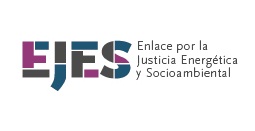
See also these other briefings and press releases on Vaca Muerta:
- Winners and losers in Argentina in the age of unconventional hydrocarbons
- BP’s Fracking Secrets: Pan-American Energy and Argentina’s shale mega-project
- UN Spotlight on Impacts of Argentina’s Vaca Muerta Fracking Project on Indigenous Rights and Climate Change
-
‘Heading South: The dash for unconventional fossil fuels in Argentina
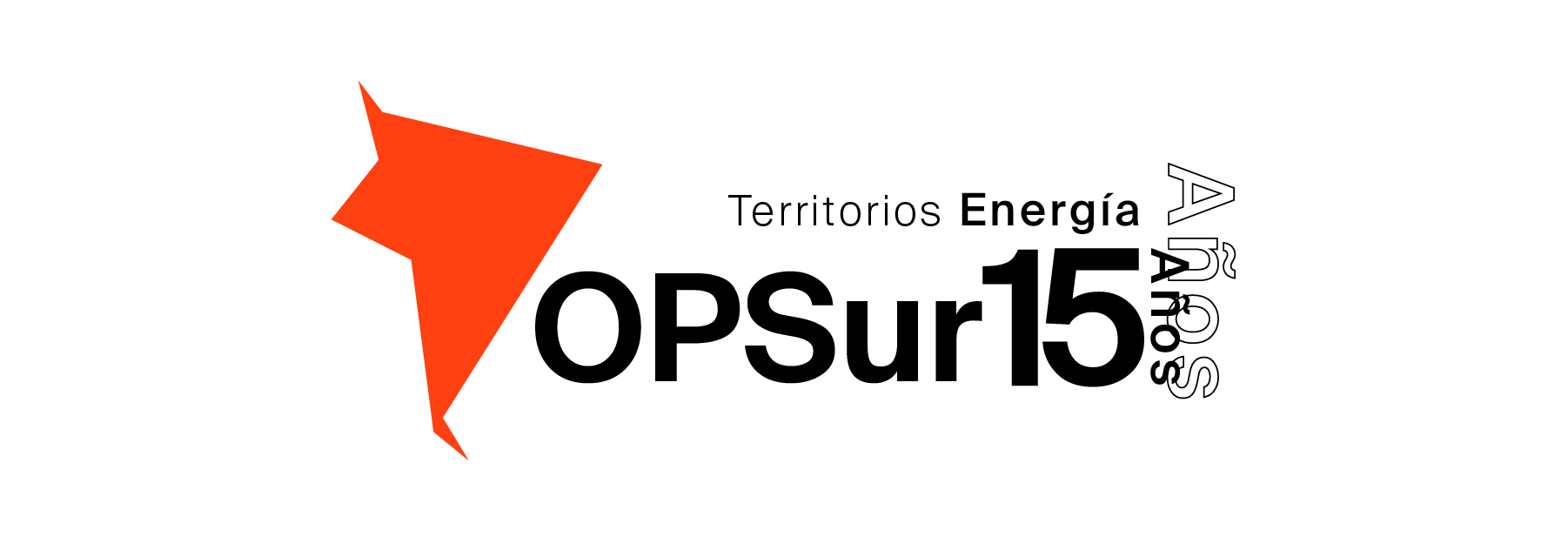
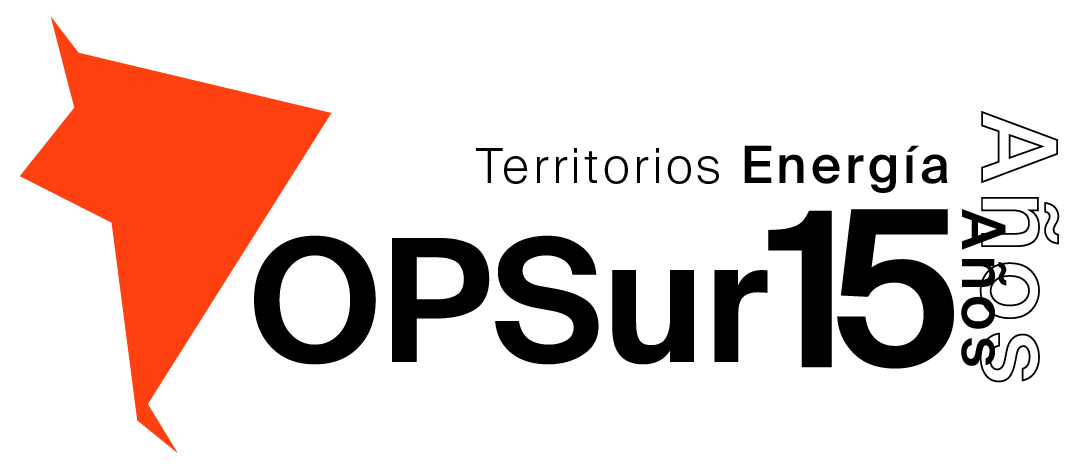
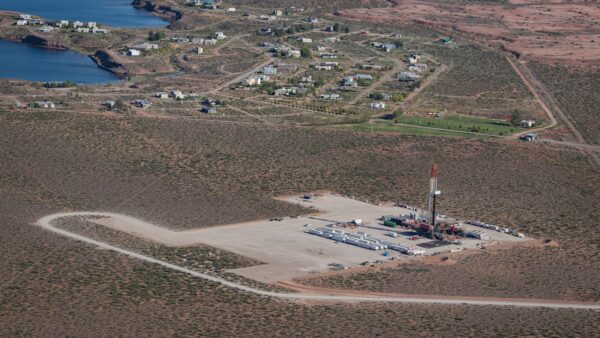
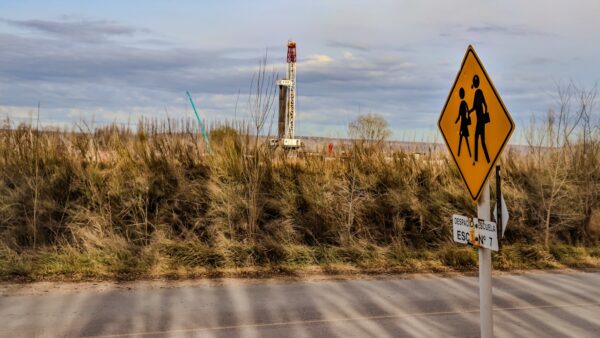
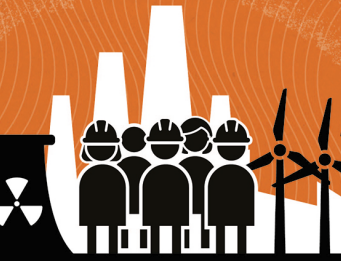
There are 4 comments
Comments are closed.